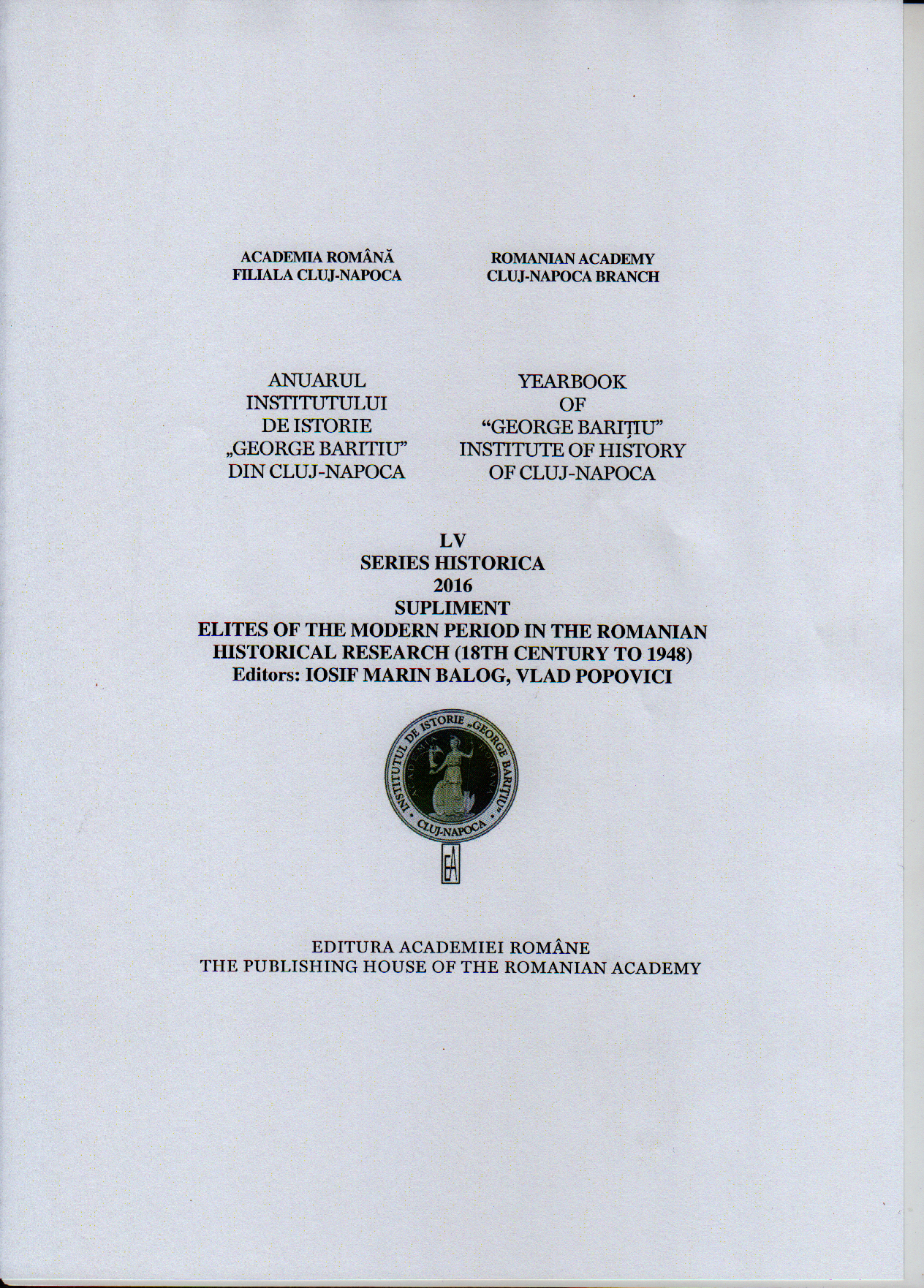The Staff Policy in The Moldavian SSR’s Government
In 1940–1941/1944
The Staff Policy in The Moldavian SSR’s Government
In 1940–1941/1944
Author(s): Lilia CruduSubject(s): Politics / Political Sciences, History, Political history, Social history, Recent History (1900 till today), WW II and following years (1940 - 1949)
Published by: Editura Academiei Române
Keywords: People’s Commissar; key positions; staff policy; communist cadres; “healthy” social origin; level of education
Summary/Abstract: n this paper the author addresses the special aspects of the staff policy of the Moldavian /Moldovan SSR’s government during the establishment of the Soviet power in Bessarabia, in 1940–1941/1944. Special attention is paid to the fact that a significant number of the government members managed to get key positions in the MASSR government even in 1937–1938, during and after Stalin’s repressions. With the establishment of the Soviet regime the Party staff that had experience in MASSR was in a special demand. These people obediently executed all the orders received from Moscow, so they were a comfortable tool of the central authority. It should be noticed that though the idea of involving the locals in the management process was actively promoted among the government’s members, in 1940–1941/1944 it was just one person of Romanian origin from the south region of Bessarabia. One of the major principles of the staff policy promoted by the central authorities was the cadre’s transfer, predominantly Russians and Ukrainians. It is also necessary to mention that the level of education of the government members was very low. Instead, the social background was 100% “healthy” (workers and peasants origin), and they were very young.
Journal: Anuarul Institutului de Istorie »George Bariţiu« - Series HISTORICA - Supliment
- Issue Year: LV/2016
- Issue No: LV/Sup
- Page Range: 240-260
- Page Count: 23
- Language: English

